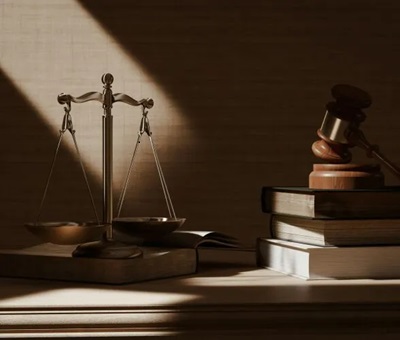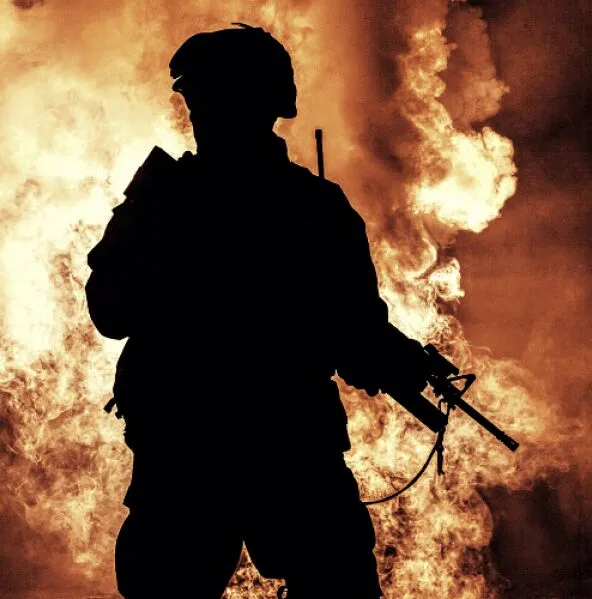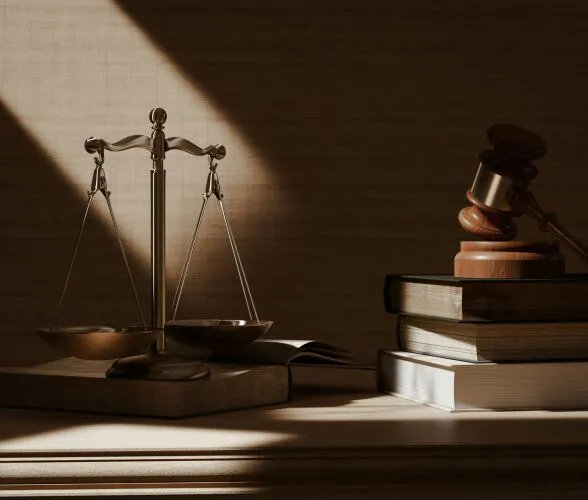UCMJ Article 91: Upholding Military Authority Through Discipline and Respect

The Uniform Code of Military Justice (UCMJ) serves as the legal framework for maintaining this order and discipline. Among its many provisions, UCMJ Article 91 specifically addresses insubordinate conduct toward warrant officers, noncommissioned officers (NCOs), and petty officers. This article is essential for reinforcing the chain of command and ensuring military cohesion.
Violating UCMJ Article 91 can lead to serious legal and career consequences, including court-martial, confinement, and discharge from service. This blog will explore the scope, application, and implications of UCMJ Article 91, helping service members and legal professionals understand its importance in military justice.
What is UCMJ Article 91?
UCMJ Article 91 criminalizes acts of insubordination by enlisted members and warrant officers against their superiors who are not commissioned officers. Specifically, it addresses three main offenses:
- Disrespect toward a warrant officer, NCO, or petty officer.
- Willful disobedience of a lawful order issued by such superiors.
- Assault upon a superior officer while they are executing their official duties.
The article serves to protect the authority of mid-level leaders and maintain the integrity of military structure. Respect for rank and duty is not optional; it is codified in law and reinforced through command culture and expectations.
Who Does Article 91 Protect?
Article 91 provides legal protection for:
- Warrant Officers – Technical specialists who hold a rank between enlisted personnel and commissioned officers.
- Noncommissioned Officers (NCOs) – Enlisted leaders responsible for training, discipline, and mission execution.
- Petty Officers – The equivalent of NCOs in the Navy and Coast Guard.
These personnel often interact closely with junior enlisted members and play a key role in enforcing orders and maintaining discipline. UCMJ Article 91 ensures their authority is legally recognized and respected.
Who Can Be Charged Under Article 91?
Any enlisted service member or warrant officer can be charged under Article 91 if they are accused of committing insubordination toward a qualifying superior. The article applies across all branches of the military, including the Army, Navy, Air Force, Marine Corps, and Space Force.
Common Violations Under Article 91
Let’s explore some common scenarios that may lead to a charge under UCMJ Article 91:
- A junior enlisted soldier openly uses foul language and mocks an NCO during a training exercise.
- A sailor refuses to carry out a direct, lawful order issued by a petty officer while aboard ship.
- A corporal physically pushes a warrant officer during a heated argument over duty assignments.
Even if the superior officer is acting harshly or the accused believes the order is unfair, the law requires service members to follow lawful orders and address grievances through proper channels—not through disobedience or disrespect.
Legal Elements Required for Conviction
To secure a conviction under UCMJ Article 91, military prosecutors must prove several key elements beyond a reasonable doubt:
- The victim is a warrant officer, NCO, or petty officer.
- The accused knew that the victim held that status.
- The superior was acting within the scope of their official duties at the time.
- The accused committed one of the prohibited acts (disrespect, disobedience, or assault).
The context of the behavior is critical. For instance, if a comment is made off-duty and in a non-official setting, it might not qualify under Article 91. However, if it occurs during duty hours or relates to official responsibilities, it likely will.
Punishment and Consequences
The consequences of violating UCMJ Article 91 can be severe and life-altering. Depending on the nature of the offense, potential punishments include:
- Reduction in rank
- Forfeiture of pay
- Confinement (ranging from a few months to several years)
- Reprimands or administrative action
- Bad-conduct or dishonorable discharge
For example, disrespectful speech may result in non-judicial punishment under Article 15 (NJP), while assaulting a superior will almost always result in a court-martial and possible confinement.
Article 91 vs. Article 92
It’s worth noting that UCMJ Article 91 differs from UCMJ Article 92, which deals with the failure to obey general orders or regulations. Article 91 focuses on interpersonal conduct with superiors, particularly disrespect, disobedience, and physical assault, whereas Article 92 targets broader forms of disobedience, including violations of unit policies and standing orders.
The Importance of Article 91 in Military Order
The military depends on discipline and structure to function effectively. UCMJ Article 91 plays a crucial role in safeguarding the leadership authority of warrant officers, NCOs, and petty officers. These individuals serve as the backbone of the armed forces, guiding, mentoring, and enforcing standards among junior service members.
Allowing insubordination to go unchecked would erode morale, disrupt unit cohesion, and jeopardize mission success. By enforcing Article 91, the military reinforces a culture of accountability and respect that is essential for readiness and effectiveness.
Conclusion
UCMJ Article 91 is more than a disciplinary rule—it’s a legal foundation that supports military professionalism, respect for authority, and mission success. Whether dealing with minor disrespect or serious acts of physical assault, this article ensures that insubordination is addressed promptly and effectively.
For every service member, understanding the scope and seriousness of UCMJ Article 91 is crucial. Compliance with lawful orders and respect for superiors are not just expected—they are legal obligations. Violating these principles not only jeopardizes one’s career but also undermines the integrity of the U.S. military.
Note: IndiBlogHub features both user-submitted and editorial content. We do not verify third-party contributions. Read our Disclaimer and Privacy Policyfor details.







